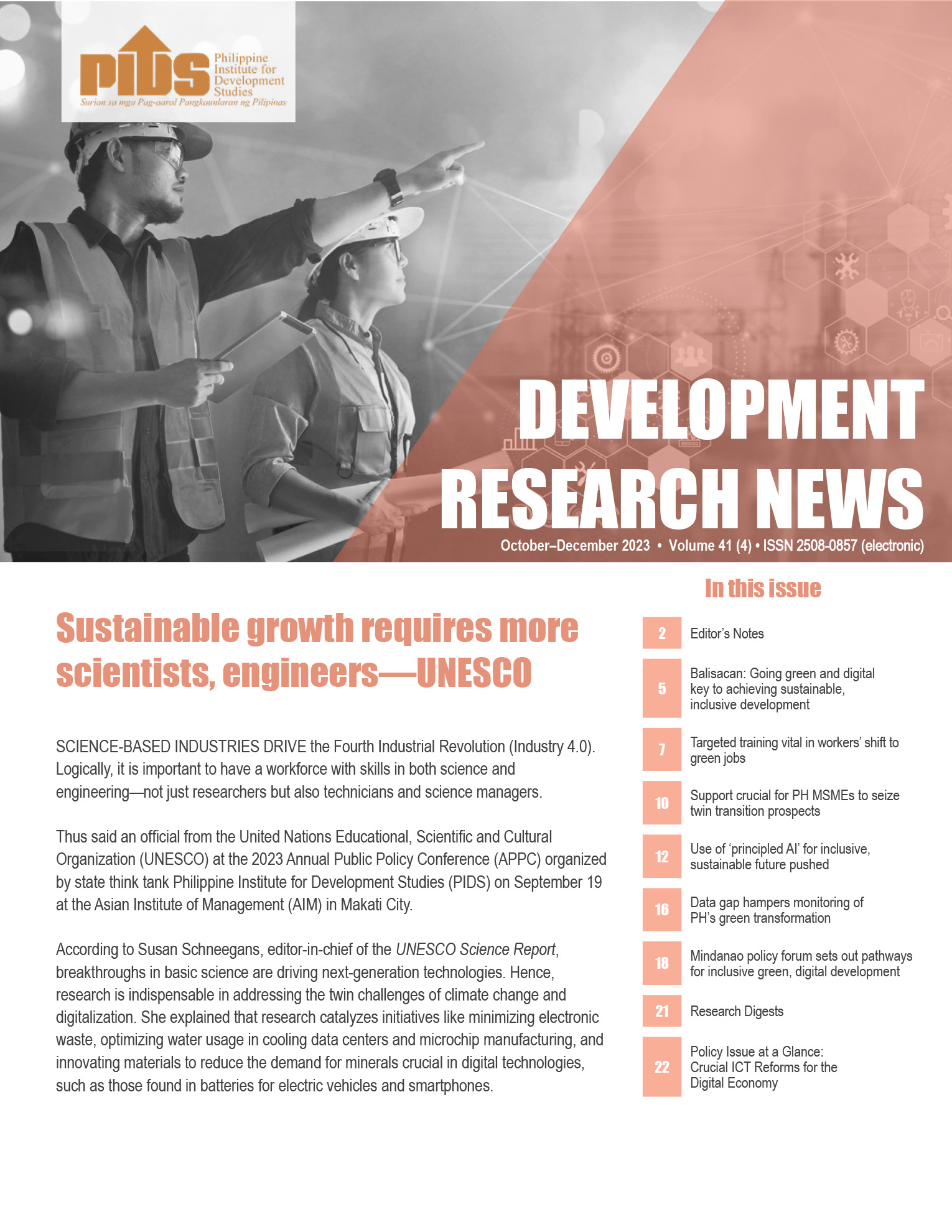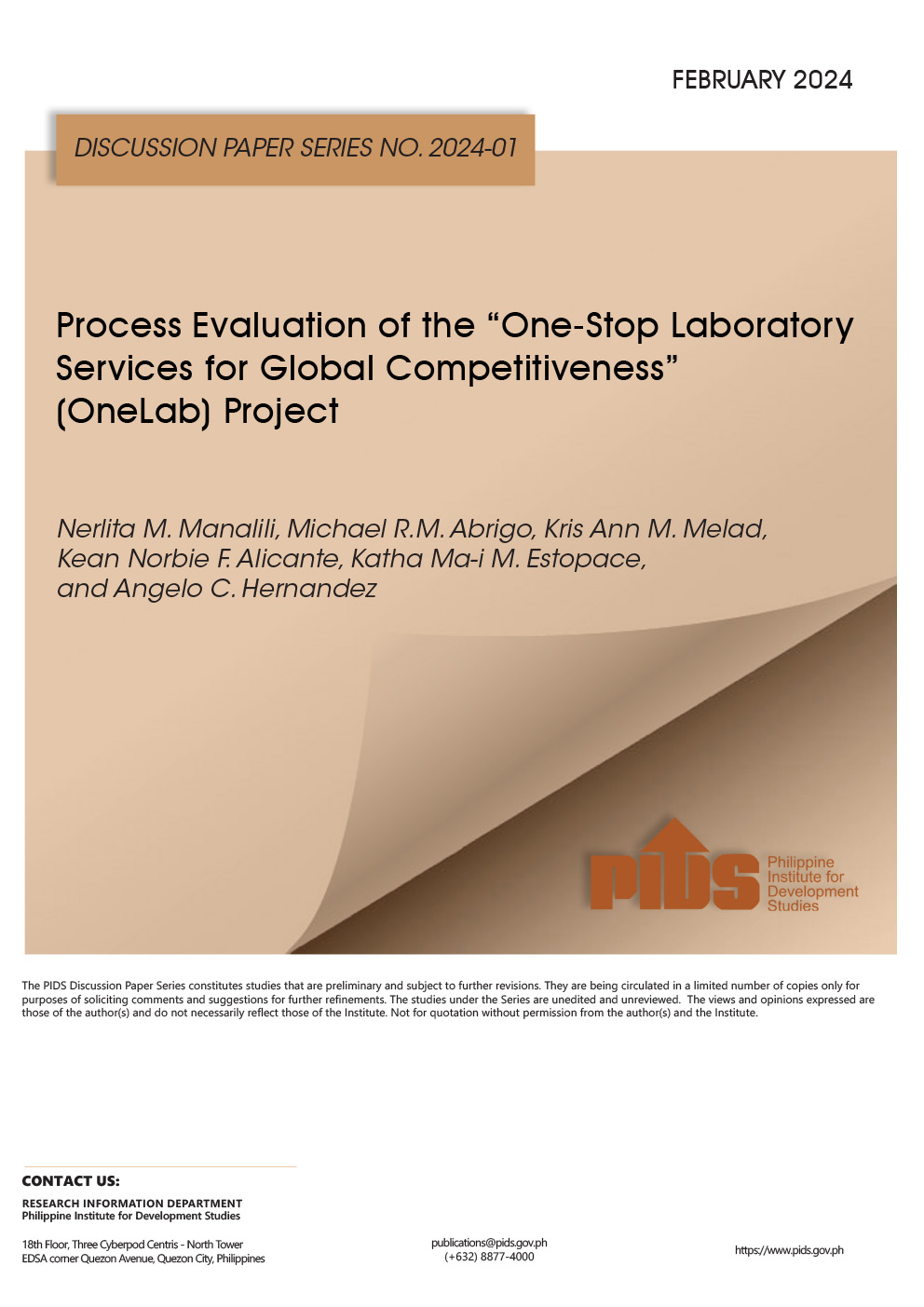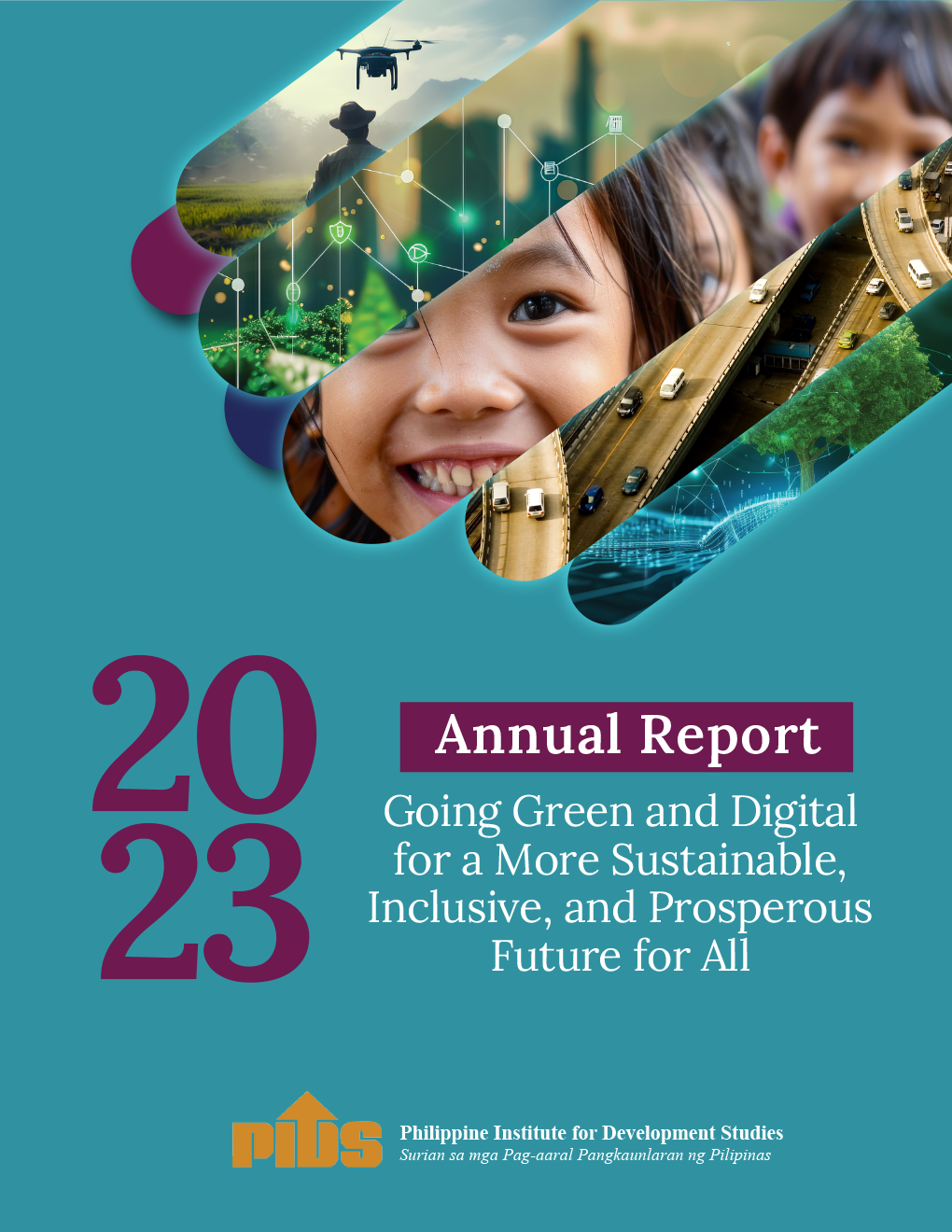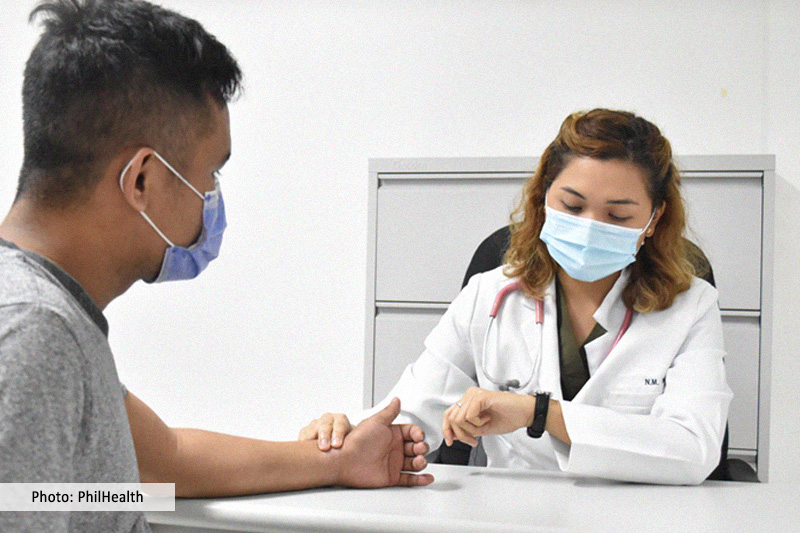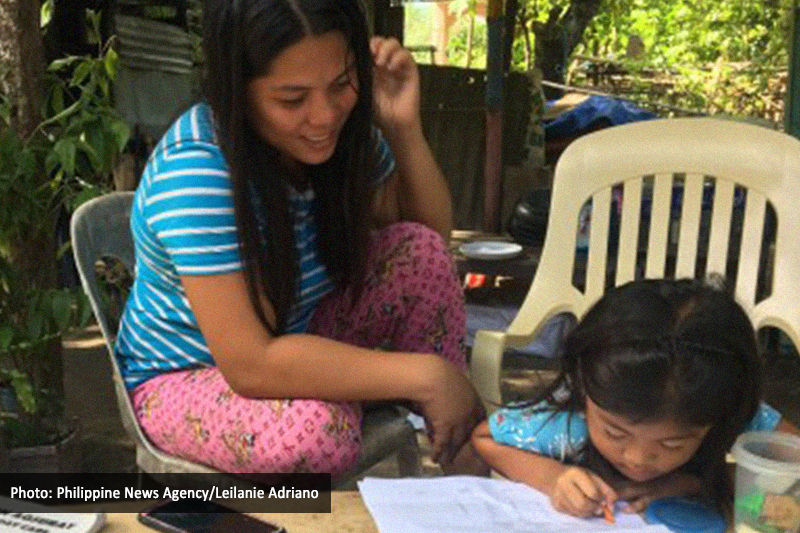Senators Juan Edgardo “Sonny” Angara and Mary Grace Poe in separate statements on Saturday urged the government to hasten mass and random testing, particularly at the community level, in order to contain the spread of the coronavirus disease 2019 (Covid-19) more effectively. As of press time, there are now 5,878 cases of Covid-19 in the country. The figure is expected to increase as more tests are conducted by the Department of Health (DoH) and the local government units.
Angara said, “We need massive and random testing. With massive and random testing, you can spot the silent carriers and then the individuals concerned and their communities will be able to respond appropriately to stop the spread of the virus.”
For testing of asymptomatic cases, he said the particular focus should be on crowded areas, such as markets and jails, where conditions were conducive to the spreading.
Detainees test positive
The Bureau of Jail Management and Penology (BJMP) announced on Friday that nine Quezon City jail detainees and nine of its own personnel tested positive for Covid-19.
Angara’s statement said, “We all know that our jails are overcrowded. In fact, the data shows that the congestion rate of the BJMP jails is at 534 percent. Under such conditions, once a detainee is infected, containing the spread of the virus will be very difficult.”
“Apart from our jails, we should also pay close attention to the other high-risk environments such as the nursing homes for the elderly and the dorms of migrant workers.
With massive and random testing, we will be able to contain the virus and get our lives back to normal faster,” he added.
Need for massive testing
For her part, Poe said, “We cannot effectively fight the Covid-19 pandemic without massive testing to find out who has the disease. Testing has to happen on an enormous scale to curb the spread of the virus, keep deaths low and allow the economy to recover.”
She added that testing should be free.
Poe made the call as the national government announced it would buy at least 2 million rapid test kits and close to a million polymerase chain reaction (PCR) test kits.
Getting to the ideal scale of tests would demand a huge ramp up in capacity and closer coordination between the national government, led by the DoH and local governments.
Poe said massive testing was critical in identifying people who might be spreading the virus unknowingly because they have no or only mild symptoms.
Poe said massive testing could be a cost-effective public health intervention.
Poe cited data from the state-run think tank Philippine Institute for Development Studies (PIDS), which warned that failure to curb the disease could require 500,000 more ICU beds, 300,000 mechanical ventilators and a million hospital beds for patients.
The DoH has given the go-signal to allow the testing center to operate starting April 21.
Poe said the financial aid to cities and municipalities, equivalent to one month of their Internal Revenue Allotment, may be tapped to procure test kits as part of their Covid-19 response efforts.
Valenzuela testing
Valenzuela City appears to be ahead of the curve when it comes to testing.
Authorities there have partnered with The Medical City and Detoxicare Molecular Diagnostics Laboratory Inc. that will conduct mass testing for Covid-19.
With swab tests being submitted daily to its partners, Valenzuela expects to have all its 537 suspect and probable cases tested by this weekend, Mayor Rex Gatchalian said.
The Medical City provides the city with 25 tests daily, and Detoxicare adds 90 tests per day, totaling to a capacity of 115 tests taken and processed every day.
Detoxicare, a company based in Mandaluyong City, has expressed its interest to partner with Valenzuela as it has PCR machines that have been accredited by the Health department.
“It is the first stand-alone molecular diagnostics laboratory in the Philippines. It offers cost effective test to complement proper management of diseases,” the company said on its Facebook page.
Angara said, “We need massive and random testing. With massive and random testing, you can spot the silent carriers and then the individuals concerned and their communities will be able to respond appropriately to stop the spread of the virus.”
For testing of asymptomatic cases, he said the particular focus should be on crowded areas, such as markets and jails, where conditions were conducive to the spreading.
Detainees test positive
The Bureau of Jail Management and Penology (BJMP) announced on Friday that nine Quezon City jail detainees and nine of its own personnel tested positive for Covid-19.
Angara’s statement said, “We all know that our jails are overcrowded. In fact, the data shows that the congestion rate of the BJMP jails is at 534 percent. Under such conditions, once a detainee is infected, containing the spread of the virus will be very difficult.”
“Apart from our jails, we should also pay close attention to the other high-risk environments such as the nursing homes for the elderly and the dorms of migrant workers.
With massive and random testing, we will be able to contain the virus and get our lives back to normal faster,” he added.
Need for massive testing
For her part, Poe said, “We cannot effectively fight the Covid-19 pandemic without massive testing to find out who has the disease. Testing has to happen on an enormous scale to curb the spread of the virus, keep deaths low and allow the economy to recover.”
She added that testing should be free.
Poe made the call as the national government announced it would buy at least 2 million rapid test kits and close to a million polymerase chain reaction (PCR) test kits.
Getting to the ideal scale of tests would demand a huge ramp up in capacity and closer coordination between the national government, led by the DoH and local governments.
Poe said massive testing was critical in identifying people who might be spreading the virus unknowingly because they have no or only mild symptoms.
Poe said massive testing could be a cost-effective public health intervention.
Poe cited data from the state-run think tank Philippine Institute for Development Studies (PIDS), which warned that failure to curb the disease could require 500,000 more ICU beds, 300,000 mechanical ventilators and a million hospital beds for patients.
The DoH has given the go-signal to allow the testing center to operate starting April 21.
Poe said the financial aid to cities and municipalities, equivalent to one month of their Internal Revenue Allotment, may be tapped to procure test kits as part of their Covid-19 response efforts.
Valenzuela testing
Valenzuela City appears to be ahead of the curve when it comes to testing.
Authorities there have partnered with The Medical City and Detoxicare Molecular Diagnostics Laboratory Inc. that will conduct mass testing for Covid-19.
With swab tests being submitted daily to its partners, Valenzuela expects to have all its 537 suspect and probable cases tested by this weekend, Mayor Rex Gatchalian said.
The Medical City provides the city with 25 tests daily, and Detoxicare adds 90 tests per day, totaling to a capacity of 115 tests taken and processed every day.
Detoxicare, a company based in Mandaluyong City, has expressed its interest to partner with Valenzuela as it has PCR machines that have been accredited by the Health department.
“It is the first stand-alone molecular diagnostics laboratory in the Philippines. It offers cost effective test to complement proper management of diseases,” the company said on its Facebook page.

